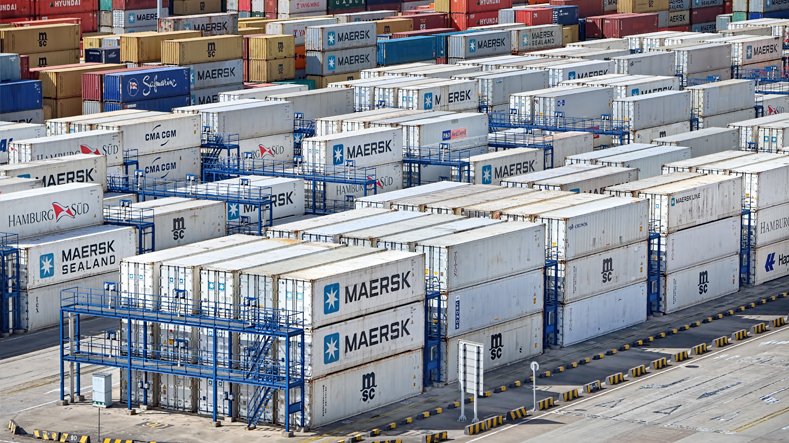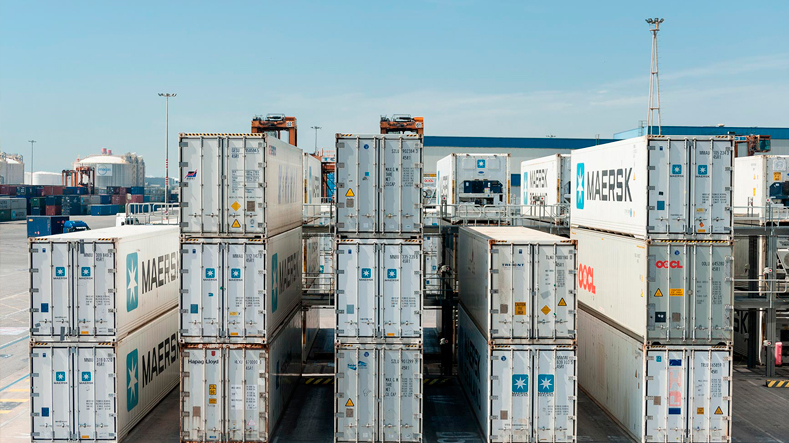Reefer Cargo
Reefer cargo, also known as refrigerated cargo, refers to goods that require temperature control during transportation to prevent spoilage or damage. Reefer cargo is typically perishable items such as fruits, vegetables, meat, fish, dairy products, pharmaceuticals, and other temperature-sensitive goods.


Reefer cargo is transported using specialized shipping containers called refrigerated containers or reefers. These containers are designed to maintain a controlled temperature environment, either by cooling or heating, depending on the requirements of the cargo being transported. Reefers are equipped with insulation, ventilation, and temperature control systems to ensure that the cargo remains within the desired temperature range throughout the entire journey.
Benefits of Reefer Cargo
Reefer cargo, or refrigerated cargo, refers to goods that require temperature-controlled transportation to maintain their quality, freshness, and integrity during transit. Reefer cargo is typically used for perishable goods such as fruits, vegetables, seafood, dairy products, pharmaceuticals, and other temperature-sensitive items. There are several benefits of using reefer cargo for transporting perishable goods, including:
Preservation of Freshness: Reefer cargo allows perishable goods to be transported at the optimal temperature, preserving their freshness, flavor, and nutritional value. This is particularly important for goods such as fruits, vegetables, and seafood, which are highly perishable and require precise temperature control to extend their shelf life.
Quality Control: Reefer cargo provides precise temperature control, allowing shippers to maintain strict quality control measures during transportation. This helps to ensure that perishable goods meet regulatory requirements and customer specifications, reducing the risk of spoilage, contamination, or degradation during transit.
Extended Shelf Life: Reefer cargo can extend the shelf life of perishable goods, allowing them to be transported over longer distances without losing quality or freshness. This opens up new markets and trade opportunities, as perishable goods can be transported to regions where they are not locally available.
Reduced Waste: Reefer cargo helps to reduce waste by minimizing spoilage, damage, and loss of perishable goods during transportation. This is especially important for high-value goods, such as pharmaceuticals or premium food products, where any loss can result in significant financial losses.
Flexibility: Reefer cargo offers flexibility in terms of transportation options, as it can be used for various modes of transportation, including ships, trucks, rail, and air. This allows shippers to choose the most appropriate mode of transport based on their specific needs, ensuring efficient and cost-effective transportation.
Increased Market Access: Reefer cargo enables access to global markets, as perishable goods can be transported to different regions and countries, expanding trade opportunities for producers, importers, and exporters. This helps to diversify supply chains and reduce dependency on local markets, increasing market access and potential for business growth.
Safety and Compliance: Reefer cargo helps to ensure compliance with regulatory requirements and industry standards for transporting perishable goods. It helps shippers meet safety, hygiene, and quality standards set by local and international authorities, reducing the risk of penalties, fines, or reputational damage.
